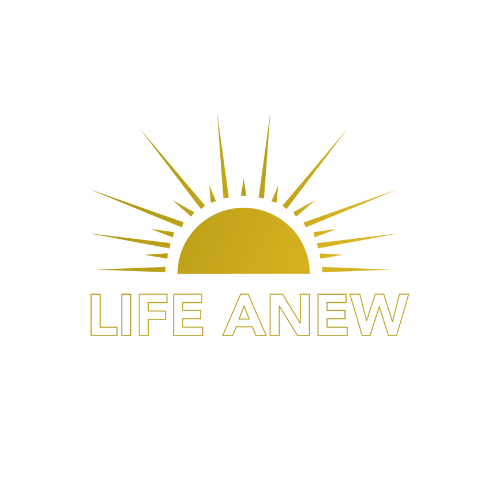The big picture: The U.S. is grappling with a severe mental health crisis exacerbated by the COVID-19 pandemic. Anxiety and depression levels have skyrocketed, affecting Americans of all ages. A CNN/Kaiser Family Foundation poll revealed that 90% of Americans believe we are in a mental health crisis, according to this Pew Research Report.
The backstory: The crisis has three facets:
- Youth mental health: The CDC reports alarming increases in feelings of sadness and suicidal thoughts among teens.
- Serious mental illness (SMI): Conditions like schizophrenia and bipolar disorder are leading to homelessness and incarceration due to inadequate care.
- Substance use disorder (SUD): Drug overdoses, particularly from opioids like fentanyl, are at an all-time high.
By the numbers:
- 42% of teens reported persistent sadness in 2021, up from 28% in 2011.
- Suicide rates among youth aged 10-24 have increased by 52.2% since 2000.
- The CDC reported 105,452 drug overdose deaths in 2022.
Why it matters: These intertwined crises not only impact individual lives but strain the healthcare system, leading to higher mortality and decreased life expectancy.
Zoom in:
- Engagement: Many with mental health issues avoid seeking help due to the nature of their conditions. Solutions include early intervention and meeting patients where they are.
- Quality: Mental health care often lacks the fidelity and standard measurement seen in other medical fields. Training and outcome-based care are key.
- Recovery: Effective mental health care must go beyond symptom reduction to focus on people, place, and purpose.
What’s next:
- Digital mental health innovations and policies like the Bipartisan Safer Communities Act of 2022 and the establishment of the 988 crisis hotline are promising steps.
- States like California are pioneering comprehensive mental health programs.
The bottom line: Mental illness affects nearly every American family at some point. Addressing this crisis requires a concerted effort to improve engagement, quality, and recovery-focused care.
The Life Anew Angle:
- Relevance to BIPOC and underrepresented communities: These communities often face higher rates of mental health issues and barriers to care. Addressing the mental health crisis requires targeted support for these groups.
- Life Anew Behavioral Health’s mission: Providing holistic, high-quality mental health services to empower families and communities is crucial. Life Anew’s approach aligns with the needed focus on engagement, quality, and recovery, offering tailored treatment plans and supportive environments to foster productive lives.
Empowering underrepresented communities through comprehensive behavioral health services ensures that no one is left behind in the pursuit of mental wellness.




